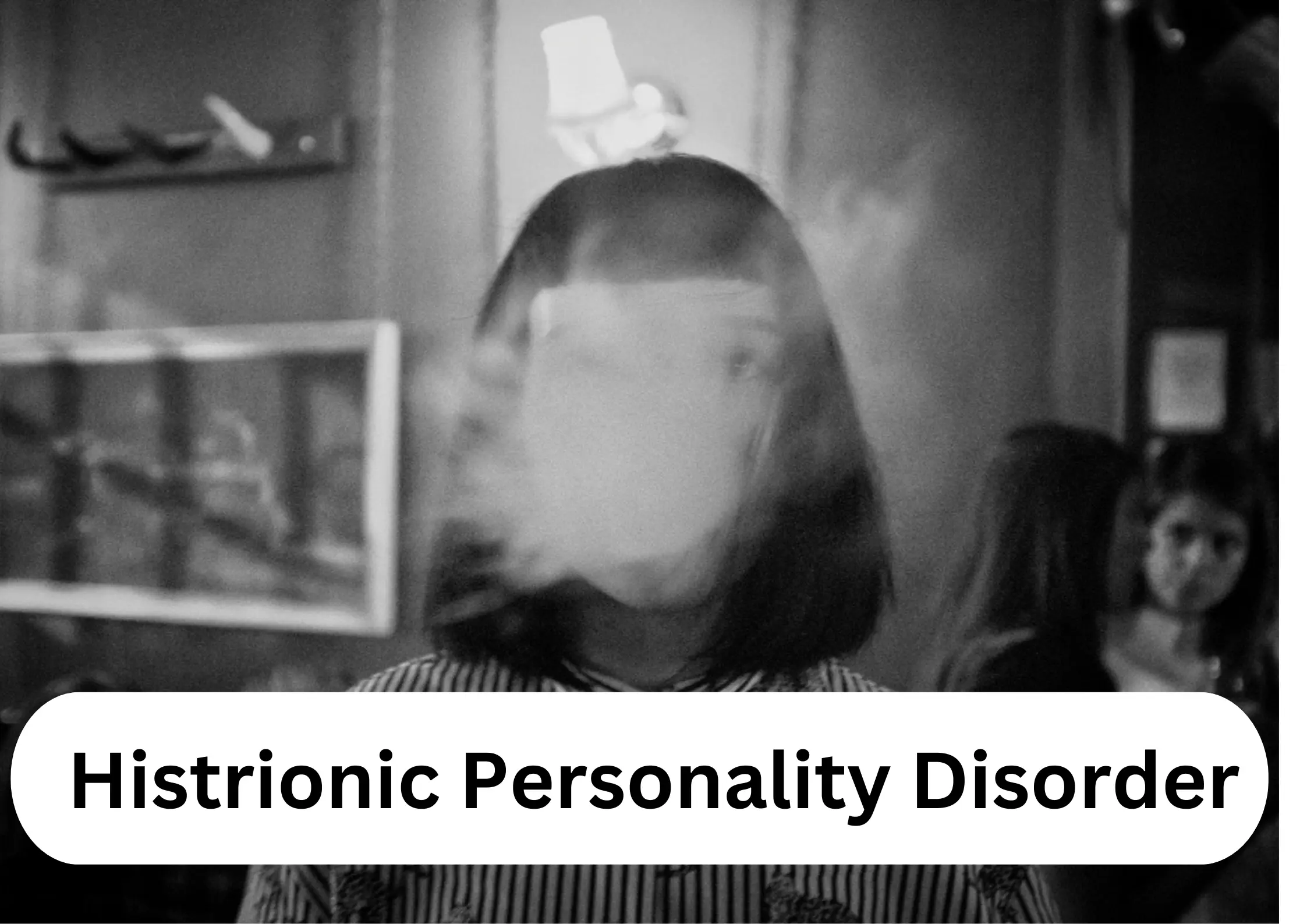Introduction
Histrionic personality disorder (HPD) is a mental health condition primarily characterised by a tendency to react to situations emotionally and display overdramatic behaviour. Individuals with this condition like to be the centre of attention and constantly seek the approval of others. They are unaware of how their behaviours can affect their relationships.
What is a Histrionic Personality Disorder?
Histrionic personality disorder interferes with the emotional stability of a person. They tend to overdramatise situations, which can impair their relationships and cause depression and other negative tendencies. Such people are highly impressionable and easily influenced by others.
A histrionic personality disorder is rare and present in just 1% of the population; it is more common in women than in men. HPD usually manifests in the late teenage years and early 20s.
Read more — Living with Histrionic Personality Disorder
Symptoms of Histrionic Personality Disorder
One of the significant symptoms of histrionic personality disorder is seeking attention and displaying excessive, superficial emotional behaviour. People with HPD may also:
- Have shallow and rapidly shifting emotions.
- Feel depressed or underappreciated when they are not the centre of attention
- Have a larger-than-life presence
- Be extremely expressive and overdramatic
- Be persistently flirtatious and charming.
- Seek attention by wearing clothes that are revealing or brightly coloured
- Be overly worried about their physical appearance
- Act in sexually inappropriate ways with people even when they are not attracted to them sexually.
- Be naive and easily influenced by others, specifically by people they love or admire
- Speak dramatically
- Express strong viewpoints supported by details and facts
- Believe that their relationships with others are more intimate than they are
- Require instant gratification
- Get frustrated or bored very easily
- Find it difficult to maintain relationships, often seeming shallow or fake in interactions with people.
- Constantly seek approval or reassurance.
Read more about- Parent with HPD
Effects of Histrionic Personality Disorder
The effects of histrionic personality disorder are as follows:
-
People with HPD are more likely to indulge in substance abuse.
-
They may suffer from somatic symptom disorder, in which a person feels excessively distressed about a specific physical symptom they might be having. Such individuals might also have abnormal feelings, behaviours and thoughts in response to these symptoms.
-
HPD can cause conversion disorder or functional neurological symptom disorder, which involves the loss of function in one part of the nervous system.
-
Panic attacks are common in people with HPD, causing sudden, brief feelings of fear and intense reactions to non-threatening, ordinary situations.
-
People with HPD may suffer from psychiatric issues such as eating disorders, depression and anxiety. They may also have personality disorders such as narcissistic personality disorder, dependent personality disorder and borderline personality disorder.
-
Individuals with HPD are more likely to commit suicide and self-harm because of their impulsive behaviour and attention.
Causes of Histrionic Personality Disorder
The major causes of histrionic personality disorder include:
- Childhood trauma: Traumatic events in childhood, such as the death of a loved one or sexual abuse, can disrupt adult life and cause histrionic personality disorder.
- Genetics: If someone in the family has depression, anxiety or other disorders, it may pass on to future generations.
- Parenting styles: Children brought up in overindulgent or inconsistent environments that lack boundaries are more susceptible to developing a histrionic personality disorder. Additionally, parenting styles that involve erratic, dramatic, inappropriate or sexual behaviour can also put children at risk of developing HPD. Moreover, issues in parent-child relations can contribute to low self-esteem in the child, which is a significant cause of histrionic personality disorder.
Treatment of Histrionic Personality Disorder
The treatment of HPD involves the use of different types of psychotherapies. These include:
- Talk therapy:
This therapy helps individuals uncover the fears and motivations behind their behaviours and thoughts. Talk therapy also helps individuals learn positive ways of connecting with other people.
- Group therapy:
Here, a group of individuals meets to discuss and analyse their issues with the guidance of a psychologist or therapist.
- Supportive psychotherapy:
This method involves studying the relationships of the individual as well as their emotional behaviour and responses. It alleviates the symptoms of HPD and restores and maintains coping skills and self-esteem.
- Psychodynamic psychotherapy:
This therapy aims to get to the psychological roots of an individual’s emotional suffering. Self-examination and self-reflection techniques help the victim look into troubling relationship patterns in their life.
- Cognitive behavioural therapy:
This method involves objective-oriented, structured psychotherapy. In this method, a psychotherapist asks the individual to look closely at their emotions and thoughts. They make the person understand how their thoughts and feelings affect their actions and eliminate negative behaviours and beliefs.
Currently, no medicines are available to treat histrionic personality disorder, although drugs used to manage anxiety and depression can help.
Conclusion
Many people with histrionic personality disorder can perform well professionally and socially. However, those with severe cases of the condition may find it hard to live regular lives. While preventing HPD is difficult, proper treatment can help a person learn more productive ways to deal with problematic situations.
A histrionic personality disorder is a mental health problem, and as with all other such conditions, seeking help early on can increase the chances of recovery. Thus, you should consult a healthcare provider or mental health expert if you feel you or someone else is displaying signs of HPD. Talk to our experts at United We Care to learn more!










